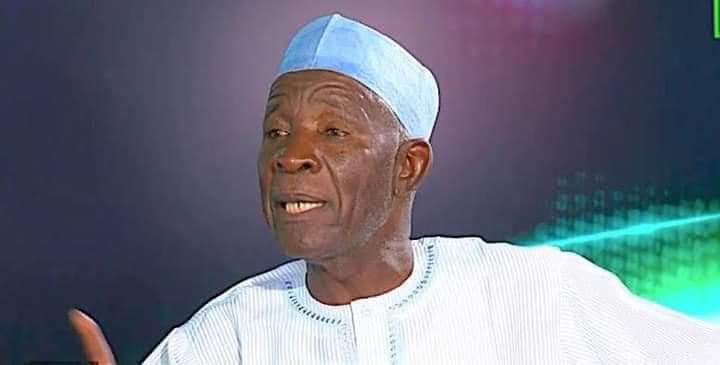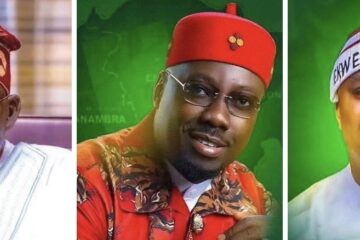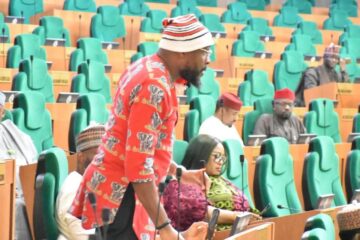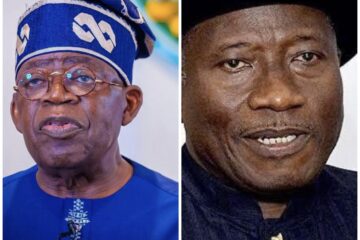Buba Galadima, a former ally of President Muhammadu Buhari, has denied his affiliation with any of Nigeria’s two dominant political parties.
Mr Galadima, at a webinar tagged “Intra-Party Democracy in Nigeria: Challenges and Solution,” said he has ceased being a member of either the All Progressives Congress (APC) or the country’s main opposition, Peoples Democratic Party (PDP).
At the webinar organised by the Premium Times Centre for Investigative Journalism (PTCIJ), he presented himself as the National Chairman of the breakaway of the APC called Reformed All Progressives Congress (rAPC) adding that ”the rAPC is coming back to take Nigeria’s political space by storm”.
“I want to make the biggest correction, I am not, I am not a member of the PDP. I am not. I am the national chairman of the breakaway rAPC and I remain so,” Mr Galadima clarified.
“I want the nation to know that very soon, Nigeria will hear from us in the political environment with a big bang.”
The rAPC broke away at the peak of the crisis which rocked the APC in 2018, accusing Mr Buhari-led government of underperformance and inability to live up to its promises for good governance three years after winning the first election.
Mr Galadima, a former National Secretary of defunct Congress for Progressive Change (CPC), was one of the signatories to the merger that birthed the APC.
In his contribution as one of the four panelists at the Wednesday webinar designed to interrogate Nigeria’s intra-party democracy since 1999, Mr Buhari’s former ally said the country’s politicians, himself inclusive, had failed to learn lessons on the subject.
He, alongside three other panelists, agreed that Nigeria’s intra-party democracy ”remains crawling as money politics and candidate imposition had continued to rule political parties rather than true democratic tenets”.
“One could have thought that internal party democracy would be our watchword. If you cannot do justice to members of your party, how do you expect God to do justice to you. We must access the issues of electoral reform in Nigeria. It is only the people that have the right to choose who will represent them,” Mr Galadima said.
While he condemned the lack of internal democracy within the ruling APC and the PDP, other members of the panelists said minor parties in the country are also guilty of similar deficiencies.
Ezenwa Nwagwu of the Peering Advocacy and Advancement Centre in Africa (PAACA), raised the need to end this trend which he argued was ushered into the system by President Olusegun Obasanjo after the country returned to democratic governance in 1999.
“We need to find a way to disrupt this inglorious decisions. If people don’t own these political parties they cannot be stakeholders,” he said.
In her assessment of the parties since the country return to democracy, the Director of Centre for Democracy (CDD), Idayat Hassan, posited that Nigeria’s political parties have undermined “their function as a school of democracy.”
At the event sponsored by the European Union, the panelists advocated more open democratic system within individual party as well as more coordinated approaches from Nigeria’s electoral body, INEC.




